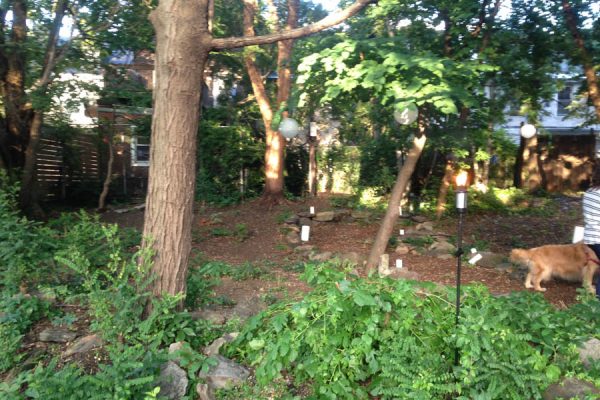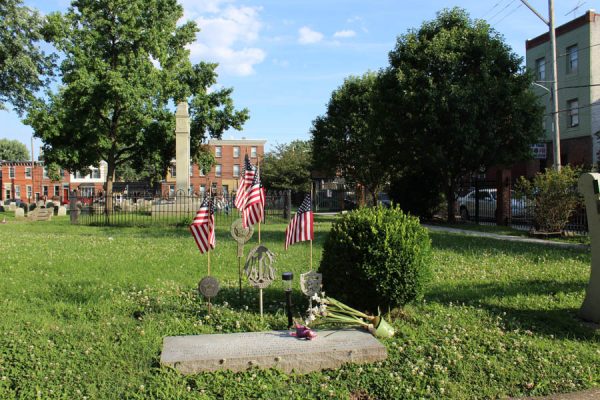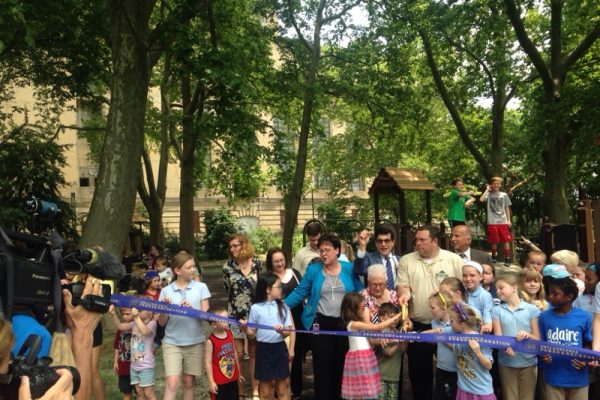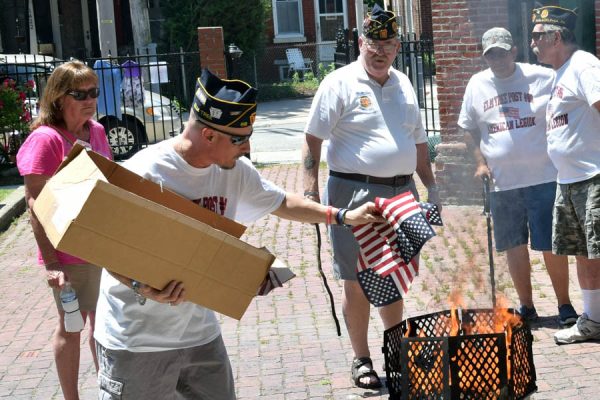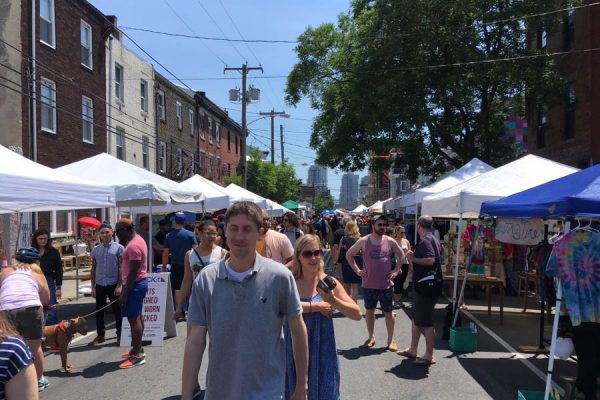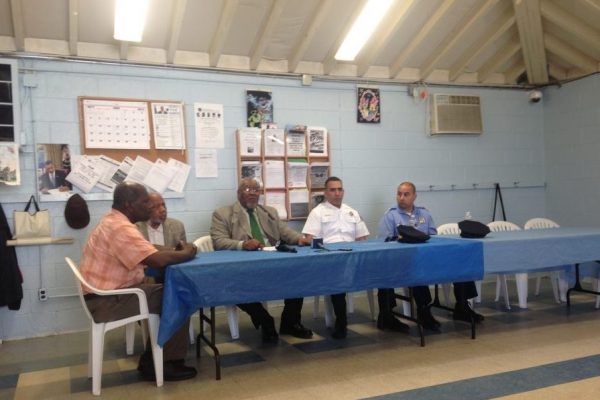Stadium Plans Move Forward
After a special meeting on Monday, Temple University’s Board of Trustees unanimously voted to move forward with preliminary designs and impact research for the proposed 35,000 seat football stadium.
“Temple is an institution on the move,” said University President Neil Theobald in a statement on Temple Now.
If the project is executed, a multipurpose retail project will be built along North Broad Street. Originally, it was estimated that the stadium complex would cost $100 million. Monday’s proposal bumped that number up to an estimated $126 million.
As the meeting unfurled in Sullivan Hall, protesters gathered outside.
Many were members of the Stadium Stompers, a coalition comprised of both students and community members. Six members of Stadium Stompers were permitted to enter Sullivan Hall and attend the public meeting. The rest remained outside, separated from the Board of Trustees by a barrier of police officers.
Speakers at the protest included students, a block captain, a reverend and a former Temple professor. While from vastly different backgrounds, each speaker had a similar message: “up with community, down with stadium,”— a phrase protesters chanted continuously.
Previously, Temple held a panel discussion featuring President Theobald and Athletic Director Pat Kraft on February 1. North Philadelphia residents who did not attend Temple were prohibited from entering the meeting.
The lack of community involvement in the university’s decision-making process has been a key complaint of those who oppose the stadium.
“The community is standing firm on this truth: that we do not want this stadium built,” said Dr. Renee McKenzie.
McKenzie works as a chaplain at the Church of the Advocate, where Stadium Stompers hold meetings on the second and fourth Thursday of each month.
A North-Philadelphia resident who received her PhD at Temple, McKenzie voiced concerns about already-existent issues she feels will worsen if the stadium is built: parking, traffic and excessive litter. She questioned not only whether the stadium will benefit the residents, but whether it will help the students as well.
President Theobald has said the project will receive funding largely from private donors, and the stadium will prompt the university to save money, not lose it.
“If we don’t build a stadium, then we have to pay them a very large amount of money to continue to play at the Linc,” Theobald had told students during the February 1 panel discussion.
Others doubted the projected economic benefits.
“This stadium is not in the best interest of the community. I’m not so certain that it’s in the best interest of the students. Because what happens when the stadium no longer breaks even— if it ever will?” McKenzie said.
“Are you paying enough in tuition?” she added, addressing students.
Speaker Dr. Tony Monteiro, a North Philadelphia native, did not hesitate to discuss issues like gentrification, displacement and racism— all in relation to the stadium’s materialization.
“This stadium is the final project in what is a white supremacist apartheid segregationist takeover of a community and the displacement of the people,” Monteiro told protesters.
Dr. Monteiro had been an Associate Professor for Temple’s African American Studies department. His contract was terminated in 2014, setting off a series of protests from students who demanded Monteiro’s reinstatement.
“For Temple to become a great university, it has to become a human university. To be human, you have to recognize the humanity of your neighbors,” Monteiro said.
The Board has voted to spend $1 million to pursue initial designs and conduct research on the stadium’s impact. The study should be completed late this spring.





